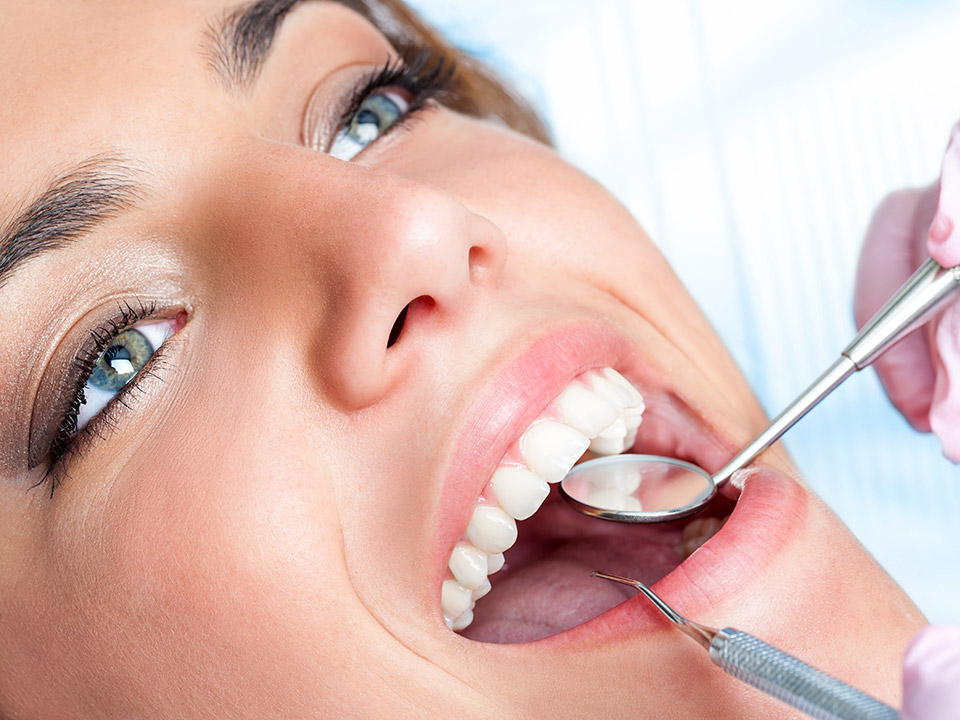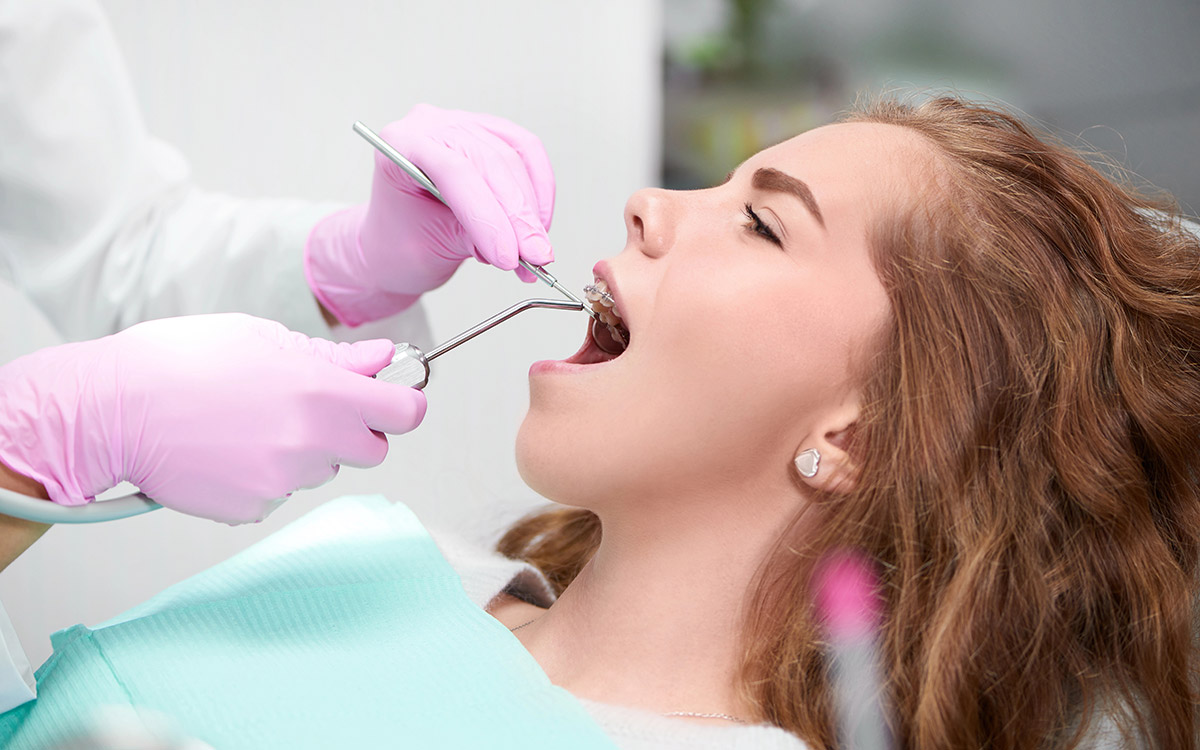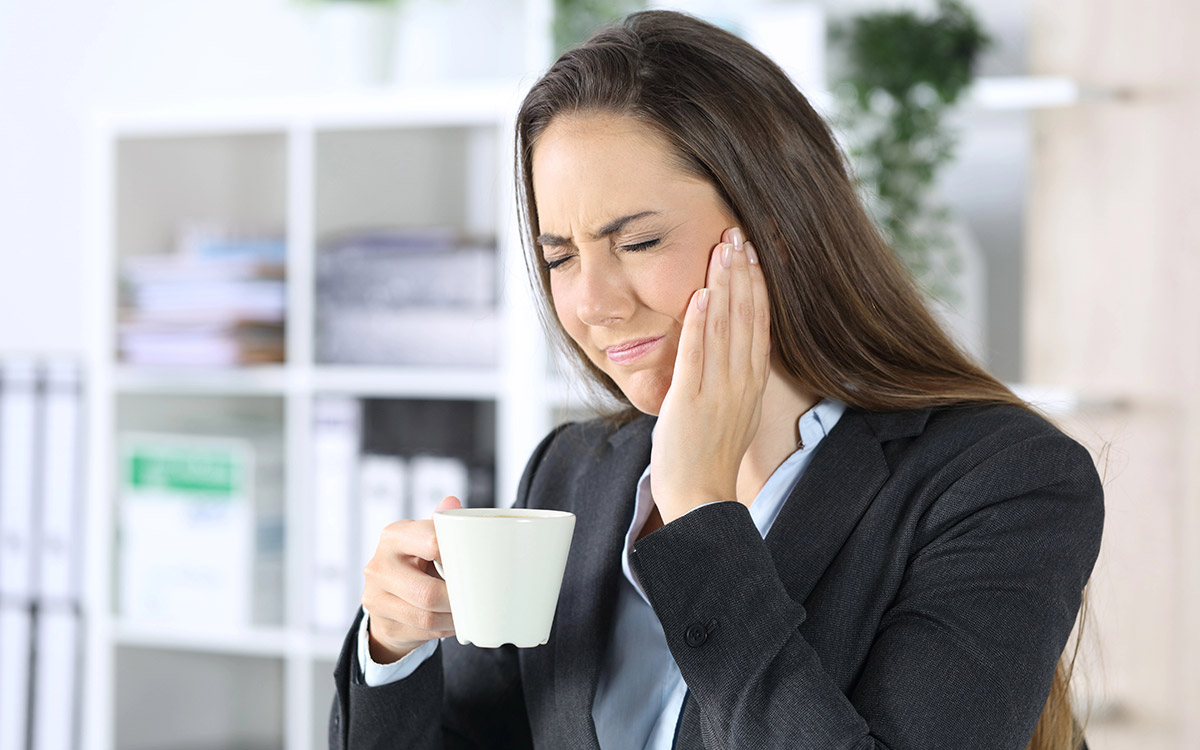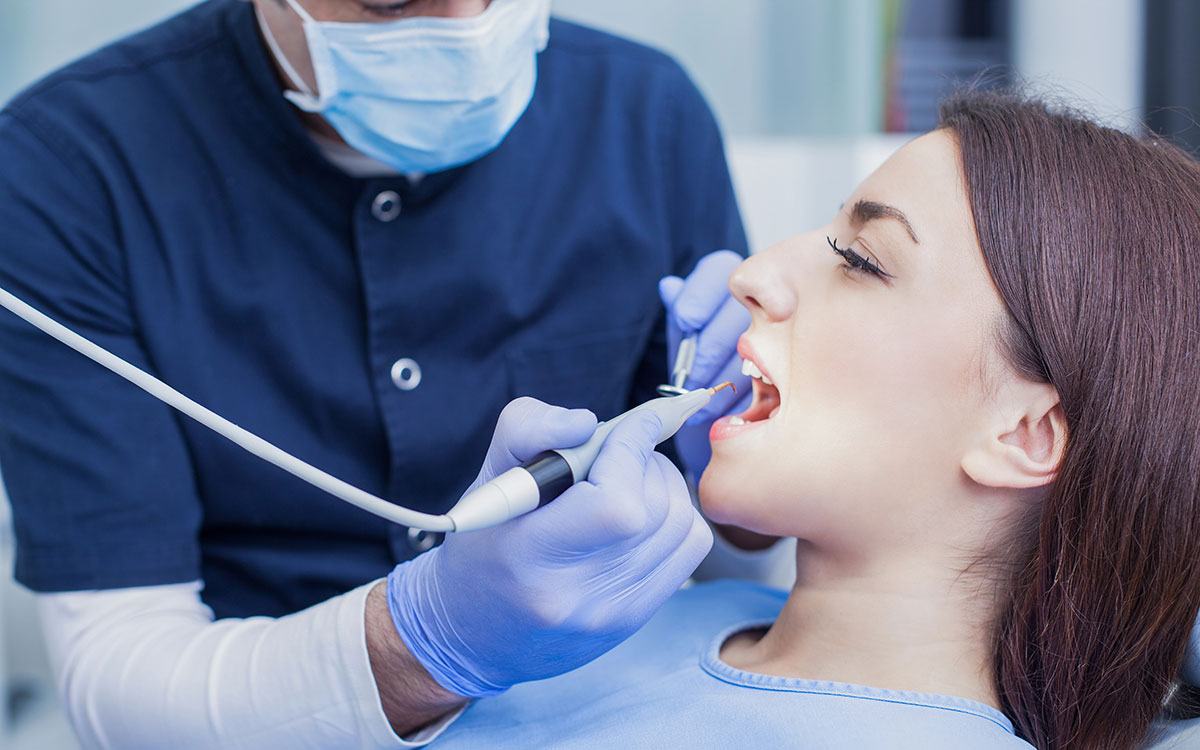There are many claims about white teeth. Some people believe that whiter teeth are healthier, while others think this is a myth.
On the one hand, whiter teeth often indicate good oral hygiene. This is because people who take care of their teeth are more likely to brush and floss regularly, which helps to remove plaque and bacteria from the surface of the teeth.
Additionally, people with whiter teeth are less likely to have cavities since the bacteria that cause holes are more likely to stick to teeth that are not clean.
On the other hand, there is no scientific evidence to support the claim that whiter teeth are healthier. Some studies have shown that teeth whitening can damage the enamel of your teeth and make them more susceptible to decay.
Additionally, teeth whitening is not permanent, and you will likely need to touch up your teeth every few months to maintain your results.
What Do Whiter Teeth Mean?
Whiter teeth can mean several things. It may simply be a sign of good oral hygiene for some people. Others may whiten their teeth for cosmetic reasons and attractiveness. Whiter teeth can boost confidence. Whatever the reason, whiter teeth are often seen as a sign of health and beauty.
Do whiter teeth mean healthy teeth?
While whiter teeth signify good oral health, other factors contribute to dental health. For example, good oral hygiene habits are more likely to have healthy teeth. The same goes for those who eat a balanced diet.
Additionally, people who visit their dentist regularly for checkups and cleanings are more likely to have healthy teeth. So, while white teeth can be a sign of good oral health, it is not the only indicator.
What Is Teeth Whitening, And How Does It Work?
Teeth whitening is a process that uses whitening products to remove stains and discoloration from teeth. The agents break up the molecules that cause the staining, making the teeth appear brighter and whiter. There are several methods of teeth whitening, including over-the-counter products, professional treatments, and home remedies.
Teeth whitening can be a safe and effective way to improve the appearance of your smile. However, you must follow the directions carefully. Additionally, you must talk to your dentist if you have any concerns. Overuse of teeth whitening products can damage your teeth and gums.
The benefits of having whiter teeth
- Whiter teeth have cosmetic and psychological benefits.
- Whiter teeth can boost confidence and self-esteem.
- Whiter teeth can make you look more approachable.
- Whiter teeth can also signify good oral health, which is essential for overall physical health.
Are there any risks associated with teeth whitening procedures?
Although mild and temporary, some risks are associated with teeth whitening procedures. Some people may experience:
- Tooth Sensitivity
- Gum damage and irritation
- Enamel erosion
- Mouth soreness after a teeth whitening treatment
These temporary side effects go away within a few days. Severe side effects such as damage to the enamel or an allergic reaction can occur in rare cases. They are rare, but it is why you must consult with a dentist before undergoing a teeth whitening treatment.
How To Choose The Correct Teeth Whitening Treatment
You should keep a couple of things in mind before whitening your teeth.
- Follow the instructions on your whitening product carefully. Over-whitening can damage your teeth, so using the product as directed is vital.
- Consider using a whitening toothpaste or mouthwash in addition to your whitening product to maintain your results.
Many teeth whitening treatments are available, so you must consult your dentist to ensure you use a safe and effective product. For professional teeth whitening, ensure you find a dentist with experience performing the procedure. And for home remedies, consult your dentist to ensure the ingredients are safe.
Best ways to maintain a white smile
Things you can do to maintain your white teeth include:
- Brushing and flossing regularly
- Avoiding foods and drinks that can stain your teeth
- Visiting your dentist regularly for checkups and cleanings
- Using a whitening toothpaste or mouthwash
- Undergoing professional teeth whitening treatments
- Using home remedies for teeth whitenings, such as baking soda or lemon juice
How to prevent your teeth from becoming stained:
You can prevent your teeth from becoming stained by avoiding foods and drinks that cause staining. Brush your teeth regularly and floss to remove plaque and bacteria that can cause staining. If you smoke cigarettes, quitting is one of the best ways to prevent tooth staining.
FAQS:
Can whitening damage your teeth? There is a risk of enamel damage with a teeth whitening treatment, but this is rare. When choosing a teeth whitening product or procedure, it is essential to consult your dentist to ensure that it is safe and effective.
How often should I brush my teeth? It would help if you brushed your teeth at least twice daily or after meals to remove food debris and plaque. Plaque is a sticky bacteria film that forms on your teeth and can cause tooth decay, gum disease, and staining if not removed.
How often should I floss my teeth? Floss your teeth daily at least once to remove plaque and food debris between your teeth and around your gum line. Flossing can prevent teeth staining.
Should I use toothpaste with fluoride? Fluoride is a mineral that prevents tooth decay by making your teeth more resistant to acid attacks from plaque bacteria. You should use fluoride toothpaste if you are at risk for tooth decay. However, note that fluoride toothpaste does not mean you will get whiter teeth.
What is the best way to whiten my teeth? The best way to whiten your teeth depends on the severity of the staining. You can remove surface stains with home remedies or over-the-counter whitening products.
So, What’s The Verdict? Are Whiter Teeth Healthier?
The answer is that it often depends on the patient. Whiter teeth are not necessarily healthier, but they can signify good oral hygiene. But people with strong and healthy teeth do not have the dazzling cosmetic white color.
But if you want a brighter smile, talk to your dentist about the risks and benefits of teeth whitening. In addition, ask about other ways to achieve a brighter smile.
In the meantime, practice good oral hygiene habits, such as brushing and flossing regularly. They are essential for maintaining healthy teeth. Additionally, avoid foods and drinks that stain your teeth and visit your dentist regularly for checkups and cleaning.







